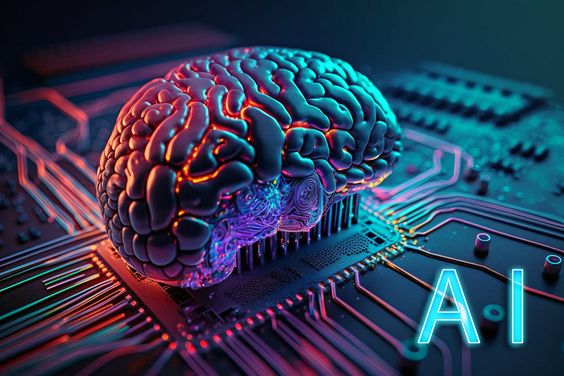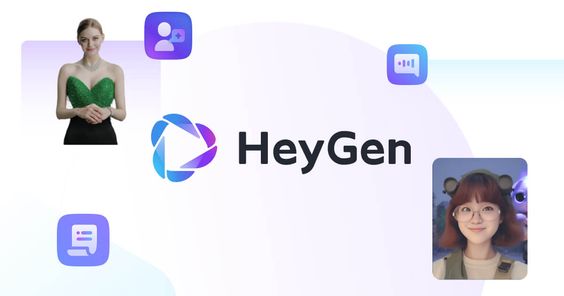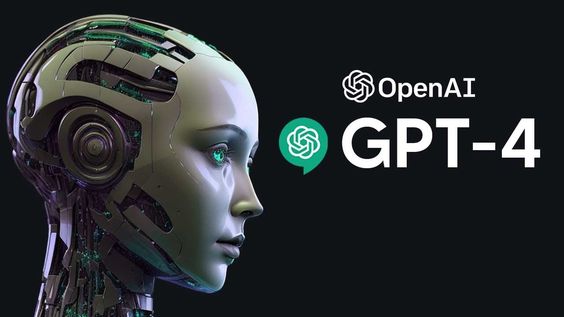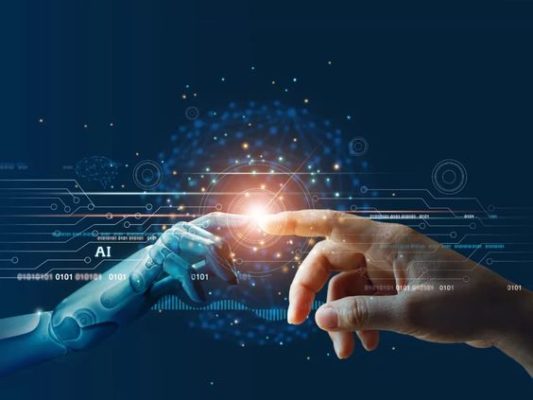Exploring the Applications of ChatGPT across Various Fields such as Healthcare, Education
This article aims to explore the diverse applications of ChatGPT, a powerful natural language generation model, across various domains such as healthcare, education, marketing, and more. By examining how ChatGPT is utilized in these fields, we seek to illustrate its potential to revolutionize processes and enhance user experiences. From providing medical advice to creating educational content and generating marketing materials, ChatGPT demonstrates the transformative capabilities of artificial intelligence in improving different aspects of our lives and businesses.
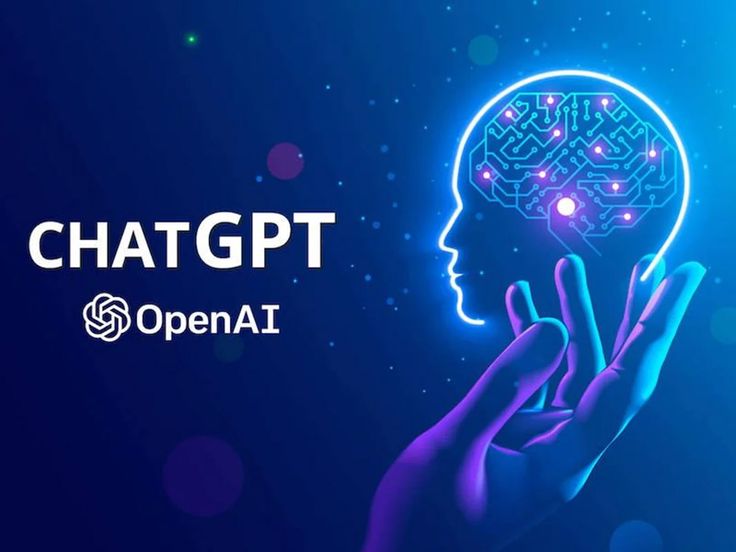
Introduction
Introduction to ChatGPT:
ChatGPT stands as a flagship example of the transformative potential of natural language processing (NLP) and artificial intelligence (AI). Developed by OpenAI, ChatGPT is an advanced language model renowned for its ability to generate coherent and contextually relevant text across various topics and styles. Leveraging deep learning techniques, ChatGPT has achieved remarkable fluency in conversational interactions, making it a valuable tool for a wide range of applications.
The Importance of Applying Artificial Intelligence in Different Fields:
Artificial intelligence, with its ability to process vast amounts of data and derive insights, has emerged as a game-changer in numerous sectors. From healthcare and education to marketing and beyond, AI technologies like ChatGPT offer unprecedented opportunities for innovation and efficiency. By automating tasks, providing personalized experiences, and streamlining processes, AI has the potential to revolutionize how we work, learn, and interact with technology. As such, understanding and harnessing the power of AI is crucial for organizations seeking to stay competitive and meet the evolving needs of their stakeholders.
Application of ChatGPT in Healthcare
Automated Healthcare Advice:
ChatGPT's proficiency in natural language understanding enables it to provide valuable medical information and advice to users in real-time. Through chat interfaces or virtual assistants, individuals can interact with ChatGPT to receive guidance on symptoms, first aid procedures, medication information, and general health inquiries. This accessibility to healthcare knowledge empowers users to make informed decisions about their well-being, particularly in situations where immediate professional assistance may not be available.
Support for Healthcare Professionals:
In addition to aiding patients, ChatGPT serves as a valuable tool for healthcare professionals, including doctors, nurses, and medical researchers. By analyzing patient data, medical literature, and diagnostic criteria, ChatGPT can assist in the process of diagnosis and treatment planning. Healthcare professionals can leverage ChatGPT's capabilities to access relevant medical information quickly, generate patient reports, and even receive suggestions for potential treatment options based on current best practices and clinical guidelines. This collaboration between humans and AI enhances the efficiency and accuracy of healthcare delivery, ultimately leading to improved patient outcomes and better resource allocation within healthcare systems.
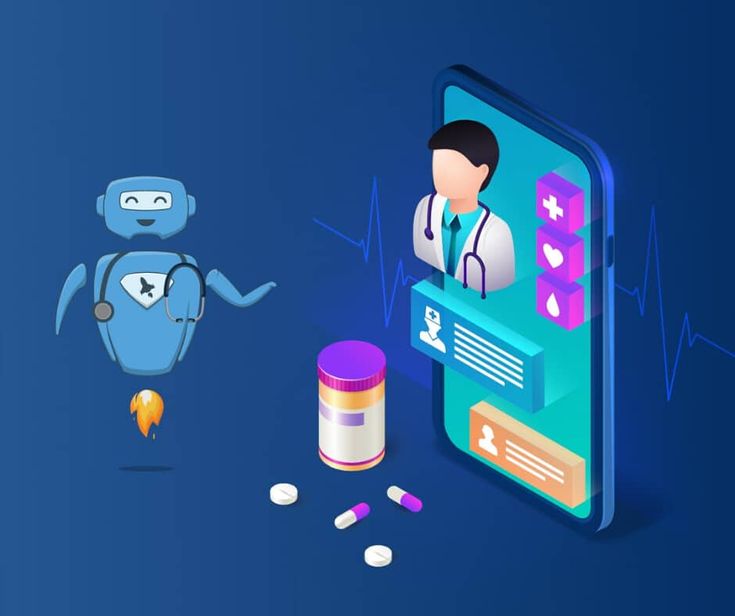
Application of ChatGPT in Education
Learning Support:
ChatGPT's capabilities extend to providing invaluable support for learners across various educational settings. Through interactive chat interfaces or virtual tutoring platforms, ChatGPT can offer personalized assistance by answering questions, explaining concepts, and providing clarifications on academic topics. Additionally, ChatGPT can generate practice exercises, quizzes, and assessments tailored to individual learning needs, helping students reinforce their understanding and mastery of subject matter. Furthermore, in the realm of online education, ChatGPT can serve as a virtual teaching assistant, facilitating discussions, delivering lectures, and guiding students through course materials, thereby enhancing the accessibility and effectiveness of remote learning experiences.
Curriculum Content Creation:
ChatGPT's proficiency in natural language generation makes it a valuable tool for educators and instructional designers seeking to create engaging and comprehensive educational content. By inputting prompts or outlines, educators can task ChatGPT with generating diverse and contextually relevant learning materials, including lecture notes, lesson plans, reading passages, and study guides. Moreover, ChatGPT can assist in the development of interactive learning modules, multimedia presentations, and educational games, catering to diverse learning styles and preferences. This ability to rapidly generate educational content not only saves time for educators but also ensures the availability of high-quality resources for learners, promoting more effective teaching and learning outcomes in educational institutions and online learning platforms alike.

Application of ChatGPT in Marketing
Ad Content Generation:
ChatGPT offers marketers a powerful tool for crafting compelling and persuasive advertising content. Leveraging its natural language generation capabilities, ChatGPT can generate diverse and engaging ad copy tailored to specific target audiences, products, or campaigns. By analyzing consumer data, market trends, and brand messaging, ChatGPT can produce headlines, slogans, product descriptions, and promotional messages that resonate with potential customers and drive engagement. Furthermore, ChatGPT's ability to adapt tone, style, and language to match brand identity ensures consistency across marketing communications, enhancing brand recognition and loyalty.
Customer Service:
In addition to creating marketing content, ChatGPT serves as an invaluable asset for enhancing customer service experiences. Through chatbots or virtual assistants integrated into websites, social media platforms, or mobile applications, ChatGPT can provide immediate support and assistance to customers round-the-clock. Whether addressing product inquiries, troubleshooting issues, or processing orders, ChatGPT can handle a wide range of customer inquiries efficiently and effectively. Moreover, ChatGPT's natural language understanding enables it to engage in meaningful conversations, empathize with customers, and provide personalized recommendations or solutions, thereby improving overall customer satisfaction and loyalty. By leveraging ChatGPT for customer service, businesses can streamline operations, reduce response times, and deliver exceptional customer experiences, ultimately driving sales and fostering long-term relationships with customers.
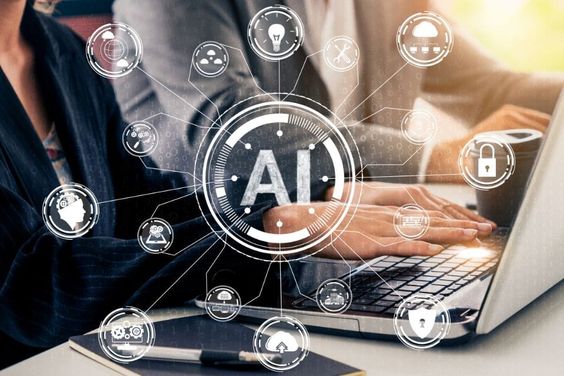
Challenges and Prospects
Challenges Regarding Reliability and Data Security:
Despite its numerous applications and benefits, the widespread adoption of ChatGPT also poses significant challenges, particularly in terms of reliability and data security. As an AI language model trained on vast amounts of data from the internet, ChatGPT may inadvertently generate biased, inaccurate, or inappropriate responses, potentially leading to misinformation or ethical concerns. Moreover, the reliance on large datasets raises privacy and data security issues, as sensitive information shared during interactions with ChatGPT could be vulnerable to unauthorized access or misuse. Addressing these challenges requires robust safeguards and ethical guidelines to ensure the responsible deployment of ChatGPT in various contexts, along with ongoing monitoring and evaluation to mitigate risks and maintain trustworthiness.
Prospects for the Development and Enhancement of ChatGPT's Capabilities in the Future:
Looking ahead, the prospects for the continued development and enhancement of ChatGPT's capabilities are promising. As AI technologies evolve and improve, ChatGPT is expected to undergo further advancements in areas such as natural language understanding, context awareness, and conversational coherence. Enhanced models with increased parameter sizes and improved training methodologies will enable ChatGPT to generate more accurate, contextually relevant, and nuanced responses across a wider range of topics and languages. Additionally, innovations in AI research, including advancements in multimodal learning and reinforcement learning, hold potential for enhancing ChatGPT's ability to comprehend and generate text in more diverse formats, such as images, audio, and video. Moreover, ongoing efforts to address biases, improve transparency, and enhance user control and customization will contribute to the continued refinement and ethical use of ChatGPT in diverse applications, paving the way for its integration into everyday life and furthering its impact on society.
Conclusion
In summary, ChatGPT has demonstrated remarkable versatility and utility across a wide range of fields, including healthcare, education, marketing, and customer service. As an AI language model, ChatGPT serves as a valuable tool for providing automated healthcare advice, supporting healthcare professionals in diagnosis and treatment, facilitating learning and educational content creation, generating compelling marketing content, and enhancing customer service experiences. Its ability to understand and generate natural language enables it to assist users in diverse tasks and contexts, making it a valuable asset in today's digital landscape.
The applications of ChatGPT underscore the transformative potential of artificial intelligence in improving both individual lives and organizational operations. As AI technologies continue to advance, they hold the promise of revolutionizing how we work, learn, communicate, and interact with technology. From enhancing efficiency and productivity to enabling personalized experiences and addressing complex challenges, artificial intelligence has the power to reshape industries, drive innovation, and create new opportunities for growth and development. By embracing and harnessing the potential of AI responsibly, we can unlock a future where technology serves as a powerful force for positive change, ultimately enhancing the quality of life and work for individuals and societies worldwide.


